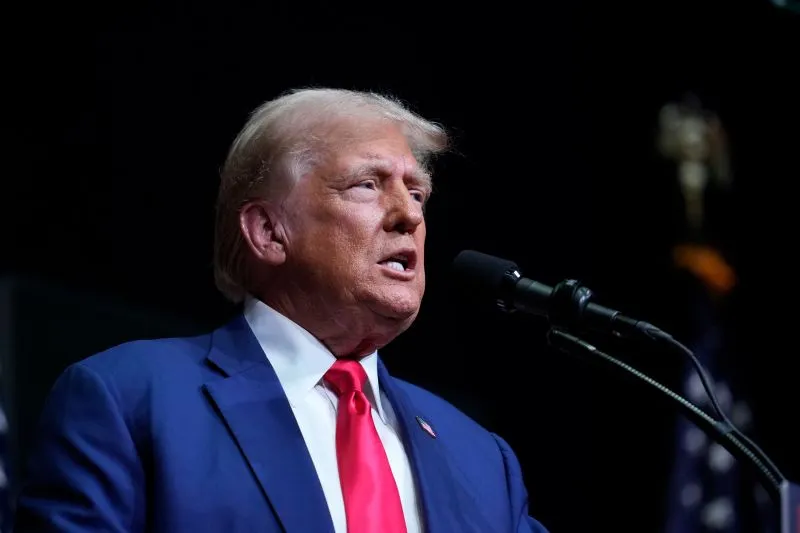AI Misuse: Understanding the Impact of Legislation in Light of Trump's Actions

AI Misuse: The Implications of Unauthorized Digital Replicas
In a provocative move, former President Donald Trump shared altered images of pop star Taylor Swift, reigniting discussions around AI misuse and digital rights. As legislators scramble to respond, new laws aim to protect against the unauthorized use of individuals' likenesses.
The ELVIS Act and Its Significance
A recent example is Tennessee's Ensuring Likeness Voice and Image Security Act, dubbed the ELVIS Act, which enhances protections for artists and public figures against unauthorized digital manipulations. This law responds to growing fears surrounding AI technologies and their potential misuse.
- AI-generated content poses significant risks to personal and professional reputations.
- States are increasingly taking action to regulate how digital likenesses can be used, particularly in political contexts.
- The emergence of fake visuals raises the stakes for artists, especially in an era of rampant misinformation.
Potential Legal Repercussions
Legal experts suggest Taylor Swift could take action under the new laws. However, the intersection of satire and AI use presents complex legal challenges that remain unresolved.
- Legal debates will shape how public figures can protect their images.
- Truly unauthorized uses could lead to significant litigation against offenders.
- Public sentiment and legal interpretations will play a crucial role in outcomes.
Ultimately, Trump’s use of altered images serves as a clarion call for stricter regulations surrounding AI misuse, pushing discussions on digital rights to the forefront.
This article was prepared using information from open sources in accordance with the principles of Ethical Policy. The editorial team is not responsible for absolute accuracy, as it relies on data from the sources referenced.